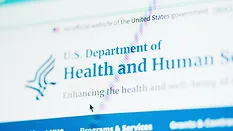
FDA
The U.S. Food and Drug Administration (FDA) is responsible for regulating about 80 percent of the U.S. food supply, encompassing all foods and food ingredients introduced into or offered for sale in interstate commerce, except for meat, poultry, certain processed egg products, and catfish, which are regulated by the U.S. Department of Agriculture (USDA).
Articles
More ArticlesNever miss the latest news and trends driving the food safety industry
Newsletters | Website | eMagazine
JOIN TODAY!Copyright ©2026. All Rights Reserved BNP Media.
Design, CMS, Hosting & Web Development :: ePublishing



